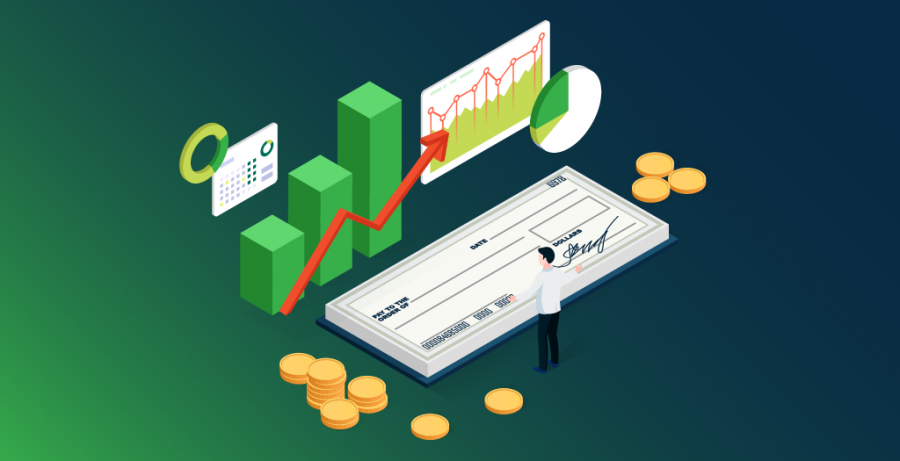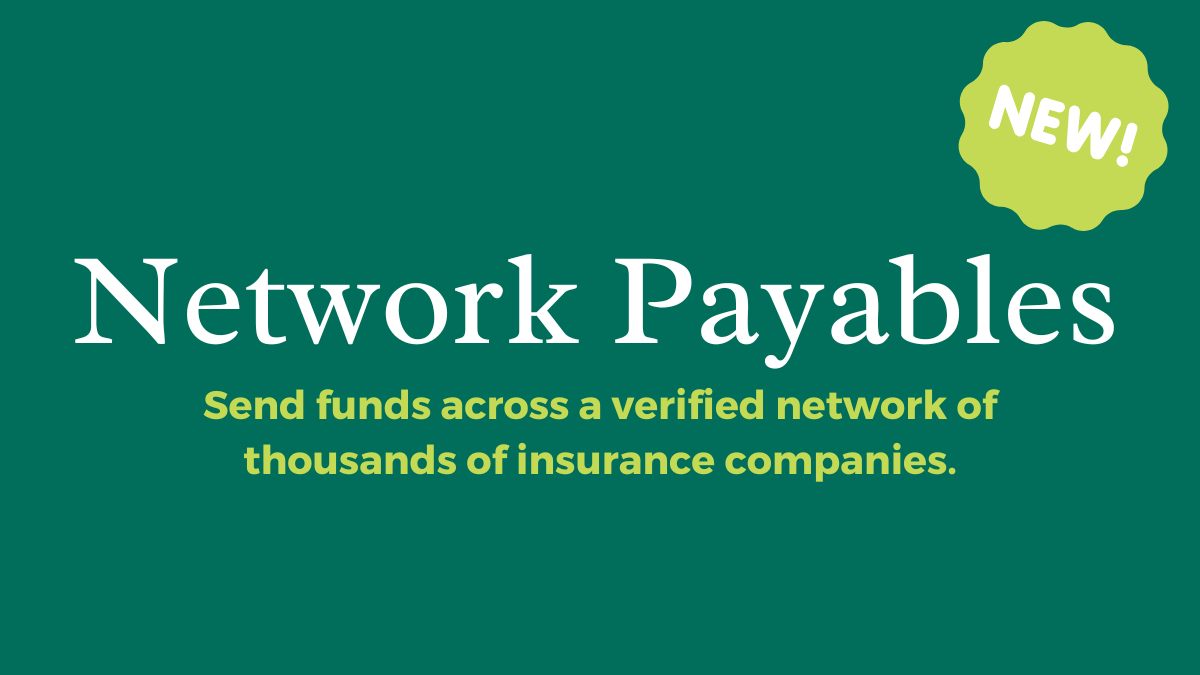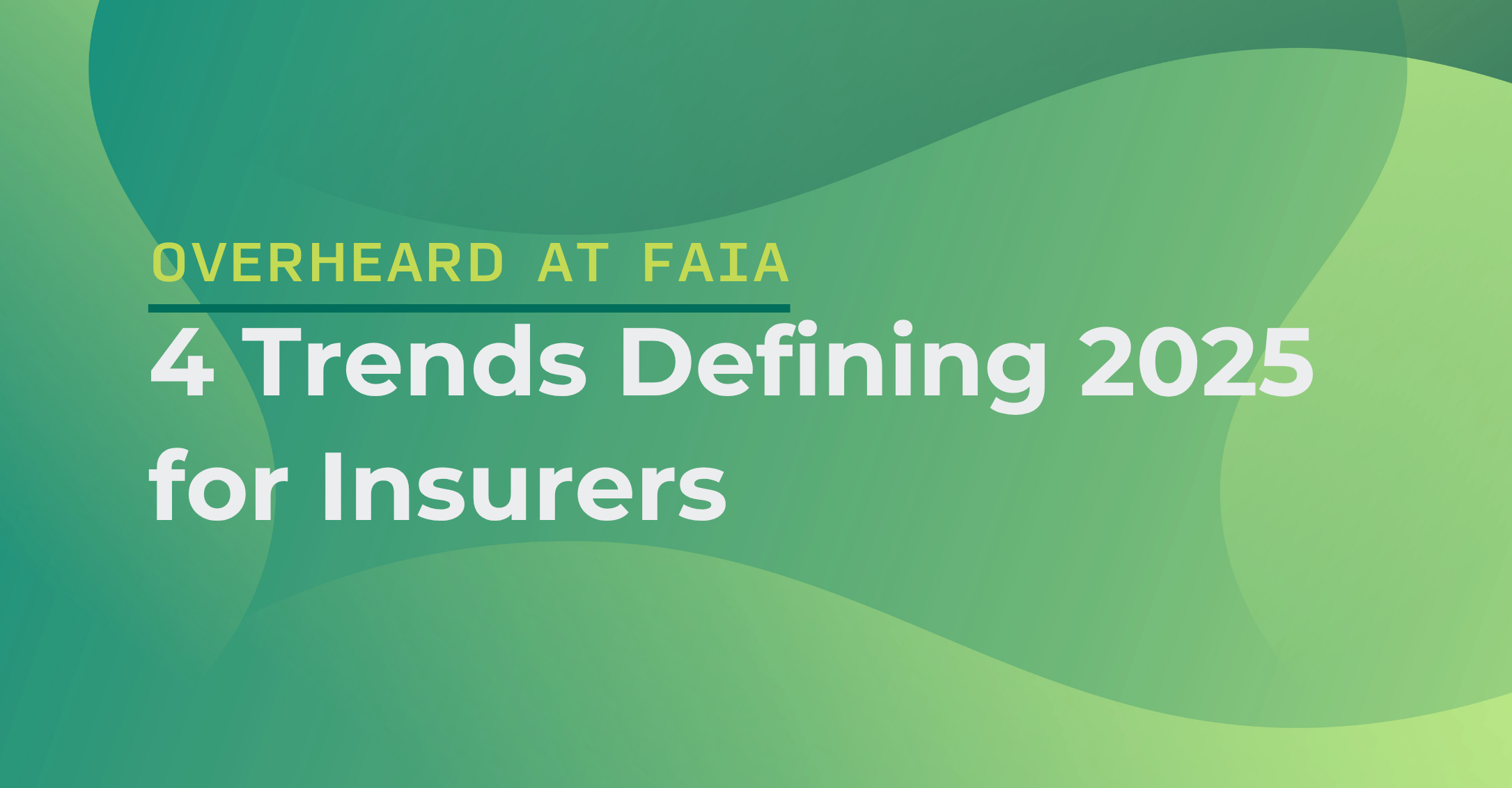In today’s fast-paced digital world, where cashless transactions dominate, it may seem archaic to discuss the use of checks for payments. Yet, checks are still very much in circulation, and many insurance companies rely on them for various reasons. There’s a common misconception that paying with checks is a secure and foolproof method. In this blog, we’ll debunk these myths and reveal why paying by check can pose a significant danger for both the business and the paying customer.
Myth 1: Checks Are a Safe and Reliable Payment Method
One of the most persistent myths about checks is that they are a safe and reliable way to make payments. Many people believe that since checks are a tangible form of payment, they must be secure. However, this perception doesn’t align with the reality of the modern financial landscape.
The Truth: Checks Are Vulnerable to Fraud
The U.S. Postal Inspection Service reported roughly 300,000 complaints of mail theft in 2021, more than double the prior year’s total. Postal authorities and bank officials have warned Americans to avoid mailing any checks if possible. As cases of fraud increase, it is also taking more time for victims to recover any stolen money.
Checks are also risky for businesses receiving them as payments. Criminals can easily create fake checks or modify legitimate ones to redirect funds to their accounts. Once a fraudulent check is deposited, it can take time for banks to detect the fraud, leaving businesses to bear the financial loss.
Myth 2: Checks Offer a Paper Trail for Accountability
Another myth surrounding checks is that they provide a clear paper trail for tracking payments and holding parties accountable. This perception often leads businesses to believe that checks are a reliable way to handle transactions. Payers may also think that businesses must believe them when they say they mailed a check that hasn’t actually arrived.
The Truth: Checks Create Administrative Hassles
While checks do generate a paper trail, they also create significant administrative burdens. Businesses must manually process each check, which consumes valuable time and resources. Moreover, the paper trail can be easily manipulated by dishonest parties or the check can be lost by accident.
The sheer number of times a check must be passed from hand to hand while it is being processed means there is less and less security available. Tracking becomes complex and error prone, leading to potential financial discrepancies.
Myth 3: Checks Are a Cost-Effective Payment Method
Some businesses and payers view checks as a cost-effective way to collect payments because they don’t involve transaction fees associated with credit card payments or digital wallets.
The Truth: Hidden Costs and Inefficiencies
Accepting checks may appear cost-effective on the surface, but when you factor in the hidden costs and inefficiencies, the picture changes. According to a Bank of America study, the costs of processing one business check ranges from $4 to $20, when taking into account stamps, envelopes, reconciliation, etc. Businesses must invest in equipment like check scanners, which can be expensive. The time spent on manual processing and addressing issues related to checks can also offset any perceived savings.
Checks are also expensive and tedious for payers. Though credit card payments often involve fees, individuals (including business owners) often earn rewards for paying by credit card. And if they rather not earn points for a lower fee, an ACH option usually offers that.
Myth 4: Checks Provide Quick Access to Funds
Many businesses believe that when they receive a check, they have immediate access to the funds. This misconception is partly due to the fact that checks are often cleared within a few days.
The Truth: Check Holds and Bounced Checks
When businesses go to deposit paper checks to their bank, it takes time away from making those funds immediately accessible. Not only that, but banks may place holds on check deposits, especially for larger amounts or from unfamiliar sources. Furthermore, checks can bounce if the payer’s account has insufficient funds or if they close the account before the check clears. Bounced checks can result in financial losses and additional fees.
For the payer, it can be unclear when the funds will be cashed, making it difficult to plan and prepare for premium payment dues.
Myth 5: Checks Are Preferred by Customers
A lot of insurance companies believe that their customers are very traditional, and prefer paying with paper checks. “That’s the way we’ve always done it”, is what we hear often.
The Truth: Changing Customer Preferences
Customer preferences have evolved over time, and many now prefer the convenience and security of digital payments. Accepting checks exclusively may alienate potential customers who expect more modern and efficient payment options. The Federal Reserve has been tracking payment trends since 2001. Their most recent report states that debit and credit card payments have increased by 8.9%, while paper check usage has decreased by 7.2%
Avoid Risk and Inefficiencies
The primary goal of insurance is to manage and mitigate risks. Yet, many insurance providers still jeopardize their financial health by adhering to outdated payment methods. Modern consumers seek convenience without compromising security. While checks may have been a prevalent payment method in the past, the reality today is that they come with a host of security risks and inefficiencies.
Insurance companies should reassess their reliance on checks and consider embracing more secure and efficient payment solutions, such as credit card payments and electronic fund transfers. These modern options not only offer better security but also streamline the payment process, reduce administrative burdens, and provide a better experience for both businesses and customers.
About ePayPolicy
Over 6,500 insurance companies trust ePayPolicy to speed up inefficient payments with an easy-to-use, connected platform. We allow your business to collect credit card and ACH payments online while also offering an automated check collection and reconciliation tool that makes checks as easy as online payments (because some customers just can’t give up the checkbook). Our custom payment page is branded to your business, linked to your unique URL, and backed by PCI Level 1 Security. Learn more about how it works here.
Download the Check Security Myths Infographic here:
- Steve Millerhttps://epaypolicy.com/blog/author/steve-miller/
- Steve Millerhttps://epaypolicy.com/blog/author/steve-miller/
- Steve Millerhttps://epaypolicy.com/blog/author/steve-miller/
- Steve Millerhttps://epaypolicy.com/blog/author/steve-miller/




